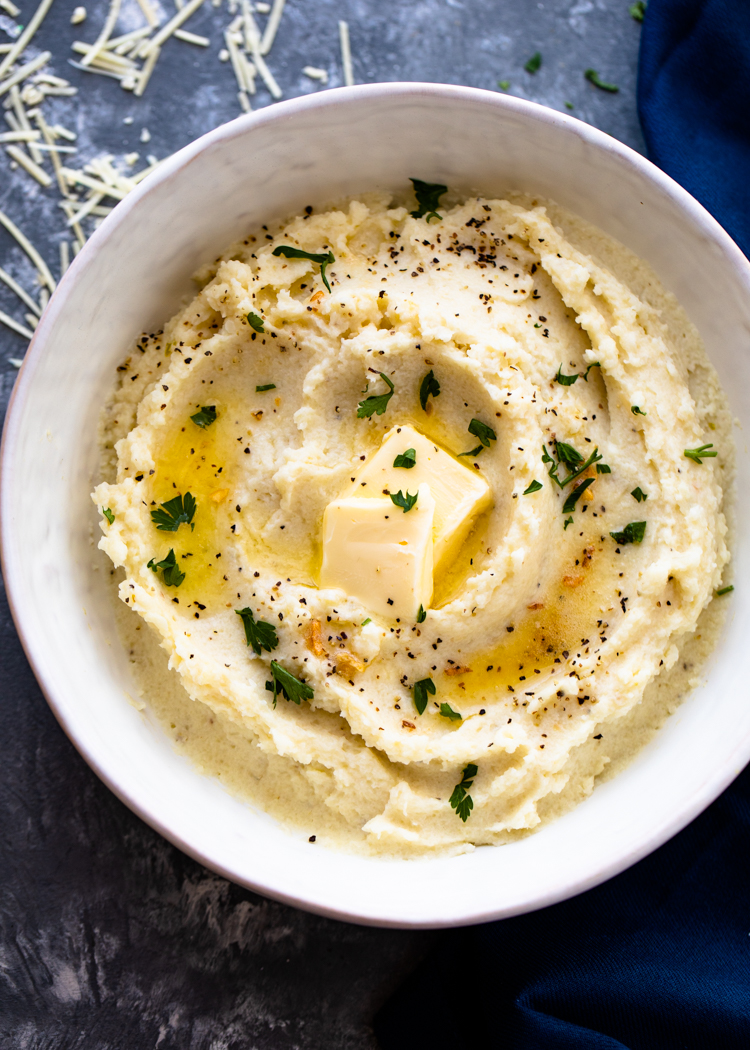How to Properly Use Honey on a Keto Diet: Essential Tips for Success in 2025
Understanding Honey and the Keto Diet
When considering the keto diet, one of the most frequently asked questions is, "Is honey keto?" This question highlights the complexity of integrating natural sweeteners into a low-carb lifestyle. While honey is often perceived as a healthier alternative to refined sugars, its composition poses challenges for those striving to maintain ketosis. Honey contains carbohydrates that can impact blood sugar levels and potentially disrupt your ketogenic lifestyle. Therefore, understanding the nuances of honey nutrition facts is vital for managing cravings on keto.
Honey and Ketosis Explained
To grasp the impact of honey on a low-carb diet, it helps to examine its carbohydrate content. A tablespoon of honey contains approximately 17 grams of carbs, which can quickly add up and hinder your journey to achieve or maintain ketosis. For those actively pursuing ketosis, limiting overall carbohydrate intake to about 20-50 grams per day is typically recommended. Thus, consuming even modest amounts of honey can make it challenging to stay within these limits. Honey and blood sugar regulation are also linked, given its ability to raise insulin levels, which conflicts with the primary goals of keto.
Honey Glycemic Index and Impact on Blood Sugar
The glycemic index of honey is another vital consideration. Honey typically has a glycemic index ranging from 45 to 64, making it a moderate option compared to refined sugars. While some prefer natural sweeteners, weighing the health effects is crucial when considering honey on keto. When evaluating your sweetener options, keeping a keen eye on sugar content in honey and its potential effects on blood sugar control will support better dietary choices while pursuing goals such as weight loss.
Benefits of Honey in a Keto-Friendly Diet
Despite its carbohydrate levels, honey has health benefits worth mentioning. Raw honey is rich in antioxidants and caters to those seeking a natural sweetener. For athletes, honey for energy can provide a quick source of carbs, especially before workouts. However, anyone considering using honey on keto should do so sparingly and systematically, integrating it into keto meal plans to avoid overindulgence.
Alternatives to Honey in Keto Recipes
For individuals committed to a low carb diet, exploring suitable alternatives to honey is crucial. Luckily, there exists a wide array of low carb sweeteners that can meet both taste and dietary requirements. From natural options to artificial sweeteners, choosing the right one can help you create keto dessert recipes and other dishes without risking your carbohydrate limits.
Keto-Friendly Sweeteners Comparison
In the world of sugar alternatives, not all sweeteners are created equal. Products like stevia, erythritol, and allulose stand out for being keto approved sweeteners that won't spike blood sugar levels. Comparing their sweetness, calorie counts, and digestive impacts can help enthusiasts maintain a balanced approach to sweetness on keto. For instance, erythritol has a very low glycemic impact, making it ideal for individuals focused on carbs. Conversely, alternatives like agave syrup should be avoided as they contain more sugars.
How to Integrate Honey Sparingly
If you decide to use honey occasionally, moderation is key. Aim for a practice that balances honey in cooking and baking without derailing your keto diet plan. For example, substitute honey in recipes at a reduced dosage, incorporating it in a honey-infused drink rather than thickening sauces. Using honey as a glaze or drizzle over roasted vegetables maintains the potentially supportive qualities of honey while ensuring your carbohydrate count on keto remains in check.
Practical Recipes that Utilize Honey
Finally, if you're looking for keto recipes that include honey, consider dishes such as honey-ginger grilled chicken or a honey mustard salad dressing—keeping the portions controlled. Small amounts can provide flavor without overshadowing your goals, ultimately making your meals enjoyable without compromise.
Managing Your Keto Diet: Best Practices
Adopting a keto-friendly lifestyle requires more than merely selecting the right sweeteners. To succeed, you should embrace a holistic approach to your ketogenic lifestyle. This includes learning about ketogenic recipe ideas, educating yourself about food choices, and redefining what healthy eating means in terms of sugar intake and overall nutrition.
Mindful Eating On Keto
Mindful eating can significantly enhance your experience on keto. By understanding the implications of sweeteners like honey, you can make informed decisions about your diet. Tools like keeping a food diary may assist with tracking your carbohydrates in honey and allow for more effective blood sugar control. This practice can help address cravings confidently in a low-carb environment, making you feel empowered rather than deprived.
Sport and Fitness Considerations for Honey Consumption
For those engaging in sports, recognizing the benefits and drawbacks of honey is vital. It's important to understand honey and insulin responses post-exercise and what operates best for your unique body needs. This will play an important role in how you manage your fitness and keto commitments.
Common Keto Diet Mistakes to Avoid
Many adopting a low carb lifestyle may struggle with mixing low-carb sweeteners such as honey. This may lead to mistakes such as exceeding carbohydrate allowances or potential hidden sugars in canned or jarred items. Being constantly aware of your keto food list alongside appropriate marginals for honey in low carb desserts can ensure you remain mindful of every choice.
Key Takeaways on Using Honey Wisely
- Use Honey Sparingly: If introducing honey, moderation is crucial in maintaining ketosis.
- Explore Alternatives: Ensure a stash of keto-friendly sweeteners is readily available to curb sweet cravings.
- Mindful Planning: Maintain awareness of portion sizes and analyze blood sugar responses for successful weight management.
- Know the Impact: Recognize the health impacts of honey and adapt your meals accordingly.
FAQ
1. Can you have honey on keto?
Although honey is natural, its high carbohydrate content generally makes it an unsuitable sweetener for strict keto diets. Practicing moderate honey intake can allow for occasional use, but it should be done with caution to avoid exceeding your daily carb limits.
2. What are the best sweeteners for keto?
Some highly recommended keto friendly sweeteners include stevia, erythritol, and monk fruit extract. These alternatives typically do not spike blood sugar levels and fit well into a low carb diet.
3. Does honey break a fast?
Yes, honey can break a fast due to its carbohydrate and sugar content. For those following intermittent fasting principles, it's best to avoid sweeteners during fasting periods to maintain metabolic benefits.
4. What are the health benefits of honey?
Honey is loaded with antioxidants and possesses anti-inflammatory properties. However, it should be consumed cautiously on keto; moderation can allow for potential health rewards without compromising keto diet goals.
5. How can I use honey in moderation on keto?
To use honey wisely, consider it in small portions within recipes, infusions, or dressings. Always be mindful of the carb count while keeping other low carb sweetening options close at hand to avoid exceeding your daily limits.
6. Is organic honey keto-friendly?
Even organic honey shares the same carbohydrate concerns as regular honey. Thus, while it may offer superior quality, it should still be consumed sparingly on a low carb diet.
7. What are suitable honey substitutes for keto?
For a low carb lifestyle, consider sweeteners like stevia, monk fruit, or erythritol, as they provide sweetness minus the carbs associated with honey.


